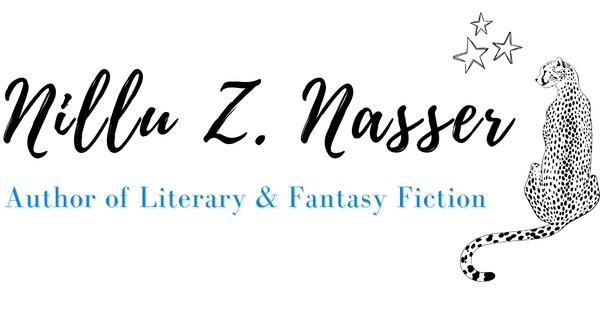 Photo by elFranzo
Photo by elFranzo
I’m Muslim, did you know? You might have guessed, from how I look I suppose. I once was interviewed by a woman, who after I got the job, confided in me that she could almost always tell someone’s religion after speaking to them for five minutes. I wonder if she could tell also that I’d had a convent school upbringing. You see, labels are only so useful. We are more simple, and more complex than any label can foretell.
Being Muslim is only a small part of my identity, along with being European, Indian, a mother, a wife, a writer, a sister, a friend. We are born into our lives on a lightning strike of luck. It is chance that determines which continent we are born on, what gender and religion we are, whether we are born rich or poor. Our experiences shape us, and yes, we might seek out our adventures, but often these too are up to the stars: whose paths we cross, what traumas line our journeys, how we end up being the people we are. A moment of serendipity that sets you on the path to being a mother in a war zone or a German vineyard owner.

Photo by Mike Russell
Why is it then, that such enmities develop between different ideas, when we are all simply a product of our environments? Why can’t we dig beneath nationality, race, faith and sexuality and just find cells, bones, beating hearts, the need to be safe and loved? How can it be that in this day and age, individuals are targeted for what they believe, that in our arrogance we feel strong when we judge other people?
The world seems smaller today than ever before. We get breaking news at our fingertips in an instant, not only news curated by networks, but eye witness accounts by normal people through social media. Travel is no longer for the wealthy few. Why then, have we not found ways to understand each other better, to grow our compassion? Why do we continue to act in binary code? Why does it seem that every corner of this earth aches?

Photo by Amélien Bayle
Today, I read about another blogger dying at the hand of extremists. His name was Xulhaz Mannan. He was 35, and editor of Bangladesh’s only LGBT magazine. He was killed alongside a friend. He was just doing his job, expressing his ideas, using words to give voice to a marginalised community. He was being himself and he paid for it with his life.
It reminds me of Salman Rushdie and the fatwa that was issued after he wrote The Satanic Verses. I’ve written about censorship and self-censorship before. There can be no free society when we are not free – within the rule of law – to explore and give voice to our ideas without threat of violence or imprisonment. How sad to write words, and to have to think twice about whether it is safe to publish them. Despite technology, despite progress, the world makes mistakes on repeat. And we cannot change without looking beyond ourselves.
